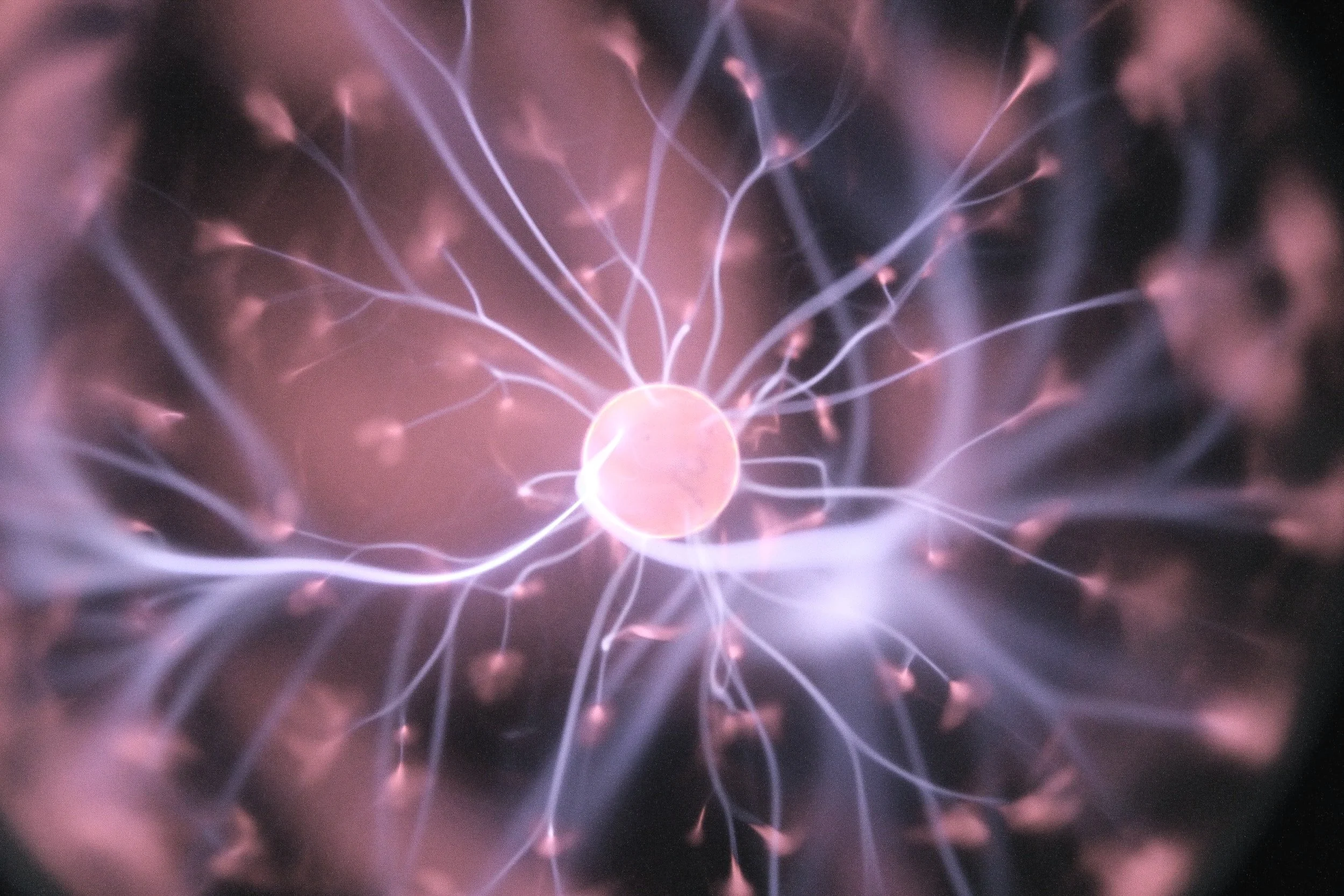How does sleep affect your brain health?
Although sleep takes up a significant portion of our daily lives, there is often little thought to how it affects us during our waking hours. Feeling groggy after receiving insufficient sleep has implications beyond mere grogginess, whereas receiving good quality sleep actually contributes to benefits beyond high energy levels.
Despite many finding it more challenging to get the proper amount of sleep as we age, it is not due to needing less than when we were young. In fact, although receiving high quality sleep can be difficult now, it is still as imperative to our health as in adolescence.
Let’s explore some of the ways in which good quality sleep is detrimental to not only physical health, but brain health as well.
Watch video
Waking up tired
Waking up feeling groggy after what you assumed to be a good night’s rest is something many of us have dealt with. If you’ve experienced this, it’s likely you aren’t actually going through all the sleep cycles.
On average, each of us require 7-8 hours of high quality, uninterrupted sleep. This allows your brain to go through the necessary sleep cycles every 90 minutes. You will cycle through REM (rapid eye movement) and non-REM sleep approximately 4-6 times a night, resulting in about 360-540 minutes of REM and non-REM sleep. Waking up in the middle of a cycle due to an alarm clock (as opposed to letting yourself wake up naturally) can also contribute to those feelings of grogginess.
Brain fog
Brain fog, or poor memory, can also be related to a lack of sleep. Your brain needs enough sleep to process and categorize memories.
Throughout the night, the mental garbage trucks also come by—waste products are eliminated, such as byproducts of energy utilization and hormones. When we don’t allow ourselves to receive efficient sleep, our brains don’t have a chance to flush out waste from the day prior. In order to start the day with a blank slate, it’s important to allow ourselves the time to rest and recharge.
Naps
The urge to nap is a healthy and natural occurrence in our bodies. If you feel the urge to nap, there is little you can do to alleviate the feeling.
Napping has been shown to have a positive impact in multiple areas. Studies show that napping for 17 minutes can improve learning, and studies conducted by NASA show that naps of 26 minutes improve mission performance by 30% and daytime alertness by 50%.
If you do like to nap, try to have one 6-7 hours before you want to sleep for only about 20-25 minutes.
However, as napping releases sleep pressure, it is not recommended for individuals who already struggle with falling asleep.
Emotionally drained
A lack of REM sleep is often linked with feelings of being emotionally drained, or having volatile emotions. This is also unfortunately linked to some psychiatric disorders and mental health conditions.
“Sleep is vital for normal brain function and there is a complex bidirectional relationship between disturbed sleep and cognitive and mental health disturbance. ”
Insatiable hunger
Surprisingly, sleep can also affect the level of hunger you feel throughout the day.
Leptin and ghrelin are appetite-regulating hormones that can fluctuate due to a lack of sleep. The level of leptin sent to your brain decreases, lowering your level of fullness, while ghrelin levels increase, increasing our hunger need.
Sleep loss has been shown to dramatically reduce leptin levels by 18%, while ghrelin levels are increased by 28%. You may find that an extra 250 to 400 calories sneak into your day due to these two hormones!
While this physiological response can do more harm in our current society, it’s presence can be explained through an evolutionary perspective. When animals are in a state of starvation, their brain keeps them awake for longer to find food. When our brains don’t receive enough sleep today, it follows that we must be in a state of starvation and desire food more desperately.
The prefrontal cortex, responsible for impulse control, is also shut down by lack of sleep. This can make it very challenging to opt for healthy food items to satiate this excessive appetite.
While many of us contribute exercise and eating a balanced diet to a healthy lifestyle, it is important to also prioritize sleep.
Hopefully this was insightful in seeing how sleep affects our daily lives, and provides some direction in how you can improve your sleep habits!



